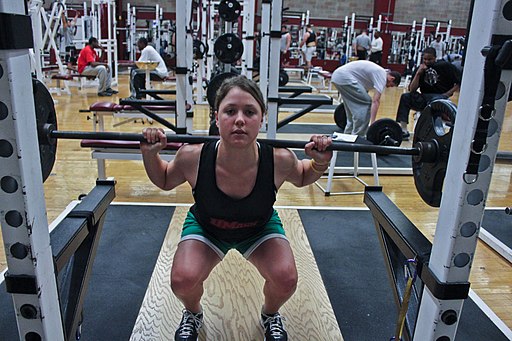
When faced with chronic, ongoing pain, it can be very tempting to turn back to alcohol or illicit drugs to relieve the pain, and even prescribed drugs can trigger a relapse for those who are still struggling to maintain long-term sobriety.
Fortunately, there are steps you can take to help manage your chronic pain and alleviate your symptoms without putting your sobriety at risk. Here are five of the most effect alternatives to prescription drugs for dealing with chronic pain:
Acupuncture
This traditional Chinese alternative medicine is one of the oldest techniques for pain relief in the world, and there’s significant scientific evidence that acupuncture may be as effective as prescription pain medicine in managing chronic pain caused by migraines, rheumatoid arthritis and other ongoing conditions. Indeed, over four-fifths of those who were treated using acupuncture instead of pain killers said that they would choose the same course of treatment again.
Meditation
Stress is one of the most common underlying causes of chronic pain, and a focus on relieving stress should be a priority of all who suffer from chronic pain–whether they’re in addiction recovery or not. Meditation has been shown to be an incredibly effective way of lowering stress levels and actually changing the way you perceive pain. You can begin to reap the pain-relieving benefits of meditation by engaging in just three 20-minute mindfulness sessions per week.
Exercise
For many who deal with severe, ongoing pain, the thought of using exercise to treat their symptoms can seem like a contradiction at first. After all, if you have trouble performing daily tasks due to pain, how can you start a workout routine? However, under the supervision of a trained professional and with a doctor’s guidance, exercise has been shown to potentially reduce the severity of chronic pain and improve overall physical function.
Cognitive-Behavioral Therapy (CBT)
Cognitive-behavior therapy is a type of short-term therapy designed to help individuals change their thought patterns, making it easier to cope with stress, grief and other life challenges–and there’s significant evidence that shows that CBT can be effective in helping those experiencing chronic pain accept their pain and achieve significantly better function. In particular, CBT has proven effective in helping chronic pain sufferers deal with many of the debilitating psychological side effects of pain such as anger, anxiety and depression.
Engage in Self-Care
Perhaps the easiest and most effective way to deal with chronic pain without pain medication is through self-care. Simply put, making sure that you eat a balanced diet, get enough sleep and exercise when possible can help improve your physical strength and your ability to cope with pain. It can be hard to eat healthy and get moving when you are in pain, of course, but doing so can have dramatic benefits to your quality of life.
